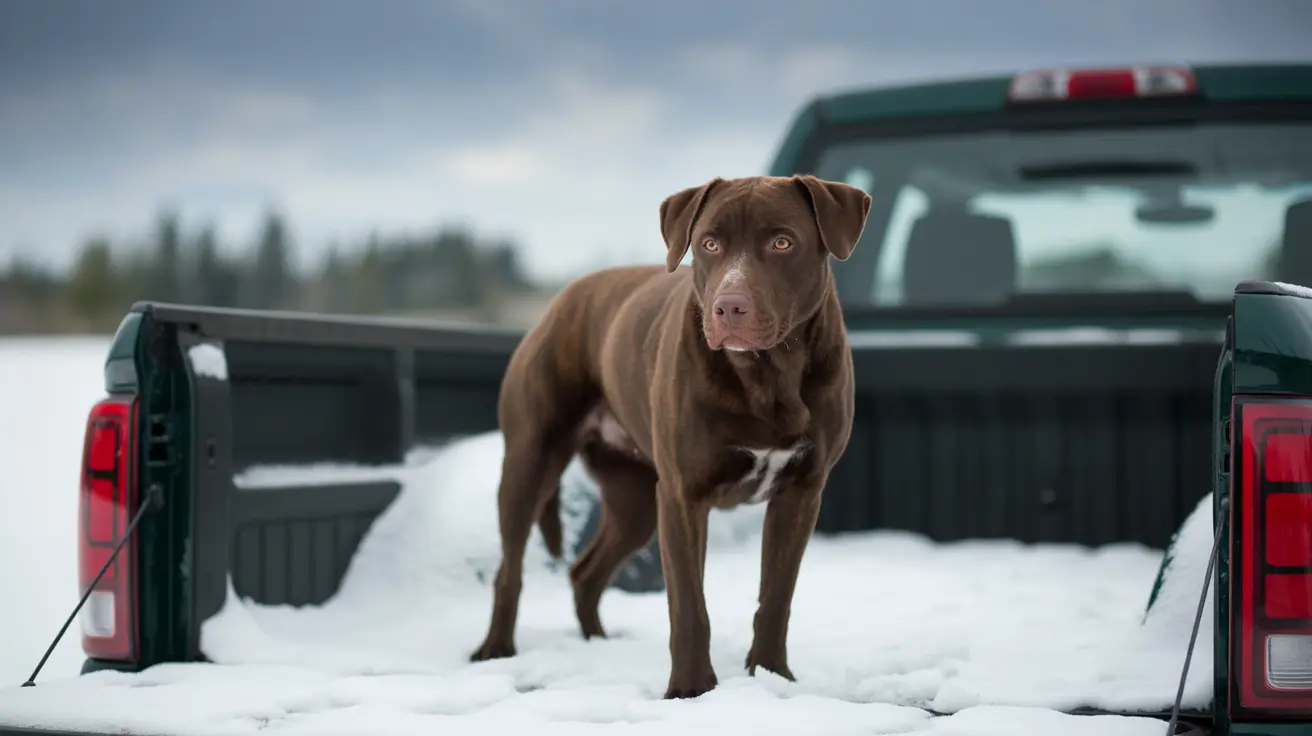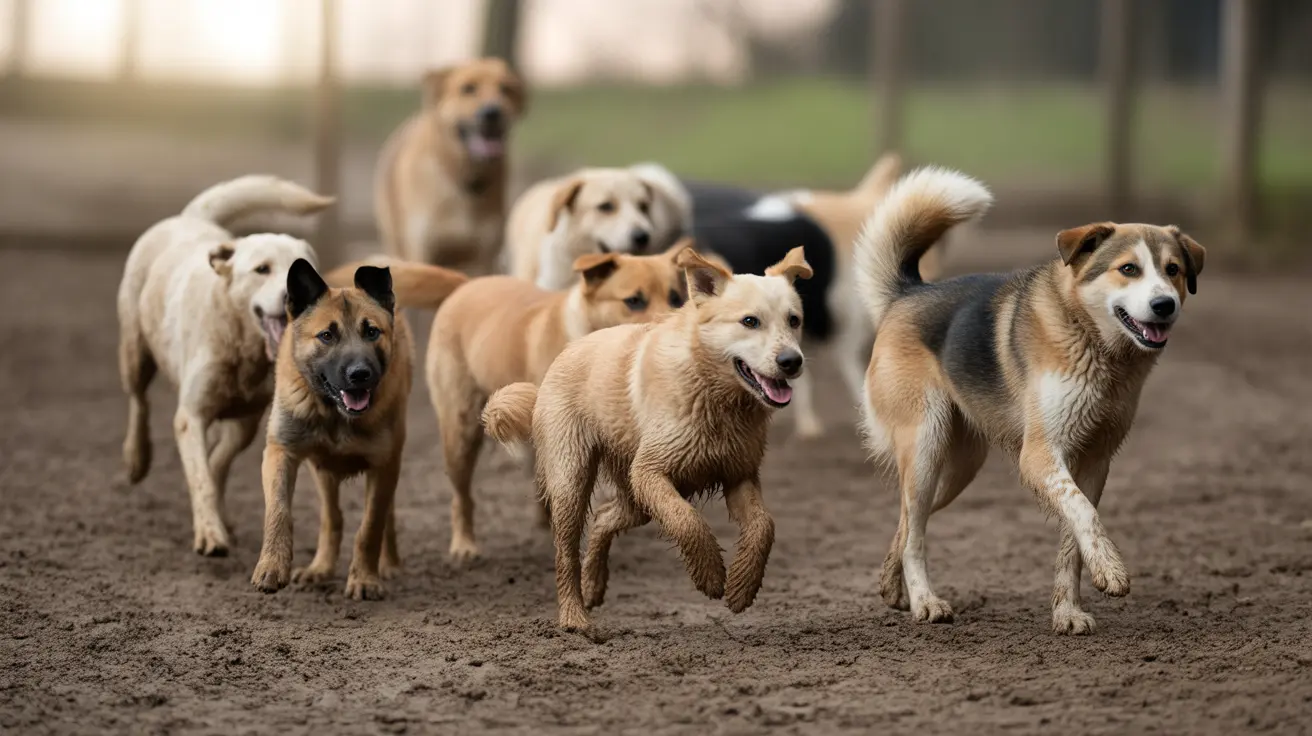Can Dogs Be Born with Special Needs?
While dogs cannot have Down syndrome as it occurs in humans due to differing chromosome structures, they can indeed be born with special needs resulting from congenital or developmental disorders. These conditions may lead to physical, neurological, or behavioral symptoms that mimic the characteristics of Down syndrome but differ genetically.
Why Dogs Can’t Have Human Down Syndrome
Down syndrome in humans is caused by an extra copy of chromosome 21. Humans have 23 pairs of chromosomes (46 total), while dogs possess 39 pairs (78 total). This chromosomal discrepancy means that Down syndrome, as seen in humans, does not biologically exist in dogs.
Conditions in Dogs Similar to Down Syndrome
Despite this, several canine conditions resemble Down syndrome in appearance or behavior.
- Congenital Hypothyroidism: Results from a thyroid hormone deficiency, causing stunted growth, flat facial features, delayed development, and poor muscle tone.
- Pituitary Dwarfism: A disorder often found in German Shepherds; it results in small stature, puppy-like coat retention, and developmental delays.
- Congenital Hydrocephalus: Characterized by excess fluid in the brain, it may cause a domed skull, wide-set eyes, seizures, and coordination issues.
- Portosystemic Shunt: Abnormal liver blood flow that bypasses detoxification, leading to poor growth, seizures, and behavior changes.
- Congenital Heart Defects: May cause fatigue, exercise intolerance, and delayed development.
Signs Your Dog May Have Special Needs
Some signs that may prompt suspicion of a congenital disorder include:
- Broad or flattened head and facial features
- Short limbs or stunted growth
- Cognitive or behavioral delays
- Vision or hearing impairment
- Abnormal coat or missing fur patches
- Poor muscle tone or coordination problems
These signs typically appear early in the dog’s life, and affected puppies may struggle to thrive or be rejected by their mothers.
Diagnosis and Veterinary Evaluation
Veterinarians employ a combination of methods including:
- Physical examinations
- Blood panels to assess hormone levels
- Imaging techniques such as ultrasound, MRI, or CT scans
- Specialized organ function tests
Although genetic testing in dogs is not as advanced or routine as in human medicine, clinical signs often guide the diagnosis and treatment plan.
Treatment and Management
The course of treatment depends on the underlying issue. Some options include:
- Hormone therapy (e.g., for hypothyroidism)
- Medication and supplements
- Surgical interventions for issues like hydrocephalus or liver shunts
- Nutritional support and physical therapy
- Environmental adaptations like gates, ramps, and soft bedding
While there are no home remedies that cure congenital conditions, supportive care can significantly improve a special needs dog’s quality of life.
Prevention Through Responsible Breeding
Many congenital conditions are genetic in origin. Therefore, responsible breeding practices, including pre-breeding genetic screening and avoidance of breeding affected animals, can help reduce the incidence of these issues.
Living with a Special Needs Dog
With proper care and support, dogs with special needs can lead happy and fulfilling lives. While some may have reduced life expectancy, many can thrive in a loving, accommodating environment. Pet owners should seek veterinary advice at the first sign of developmental abnormalities to ensure timely diagnosis and effective care planning.
In conclusion, while dogs do not develop Down syndrome as it occurs in humans, they can be affected by a range of conditions that result in similar symptoms. Early recognition, diagnosis, and tailored care make a world of difference in the life of a special needs dog.





